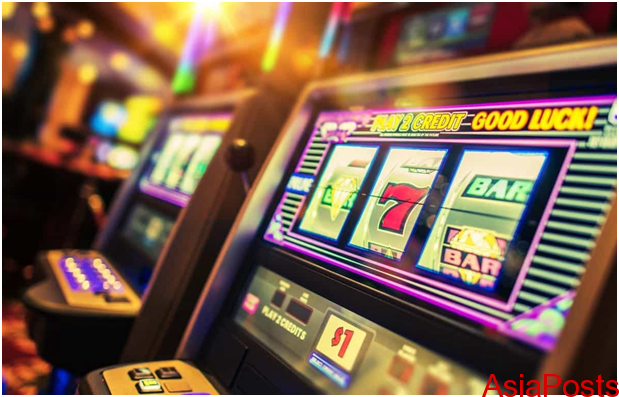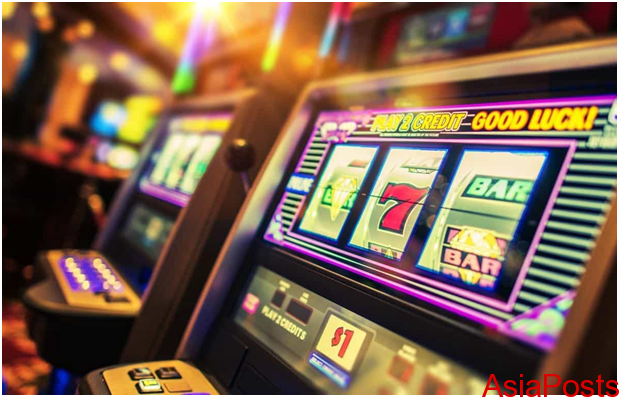Marijuana addiction is a complex problem that has been affecting individuals and communities for decades. Despite the growing legalization and decriminalization of marijuana in various parts of the world, the need for effective treatment remains crucial. Long-term marijuana use can lead to addiction and negative effects on health, like impaired cognitive function, respiratory problems, and mental health issues.
Behavioral Therapies
They’re the most common approach to treating marijuana addiction. These therapies aim to modify the patient’s behavior by identifying and changing negative thought patterns and behaviors associated with marijuana use. Cognitive-behavioral therapy (CBT) is a widely used behavioral therapy for marijuana addiction treatment. CBT focuses on the individual’s thought patterns and helps them develop new coping skills and strategies to manage cravings and avoid relapse. Motivational interviewing (MI) is another behavioral therapy that aims to increase the patient’s motivation to change their behavior by exploring their ambivalence towards quitting marijuana.
Group Therapy
It is another effective treatment option for marijuana addiction. It involves a group of individuals with similar addiction problems coming together to support each other in their recovery journey. Group therapy can be led by a professional therapist or a peer support group. The group setting provides a safe and supportive environment where individuals can share their experiences, challenges, and strategies for coping with cravings and relapse.
Medications
The most commonly used medications are antidepressants and antipsychotics, which can help treat the mental health issues associated with marijuana addiction, such as depression and anxiety. Additionally, medications such as N-acetylcysteine (NAC) and dronabinol have been studied for their potential to reduce cravings and withdrawal symptoms.
Detoxification
It is the process of eliminating marijuana and other harmful substances from the body. Detox is typically the first step in addiction treatment and involves medical monitoring to manage withdrawal symptoms. Withdrawal symptoms can include irritability, insomnia, anxiety, and depression. The severity and duration of withdrawal symptoms vary depending on the individual’s level of addiction and other factors such as age, health status, and length of marijuana use.
Residential Treatment
It is a comprehensive treatment option that involves the patient residing in a facility for a period of time. Residential treatment programs typically last for 30 to 90 days and provide 24-hour medical care and support. The treatment includes a combination of behavioral therapies, group therapy, and medication-assisted treatment (MAT). Residential treatment is recommended for individuals with severe addiction who require intensive and structured care to achieve sobriety.
Outpatient Treatment
It is a flexible and less intensive treatment option for marijuana addiction. Outpatient treatment involves the patient attending therapy and counseling sessions while living at home or a sober living facility. Outpatient treatment can be individual or group therapy, and the frequency and duration of therapy sessions depend on the individual’s needs and goals. Outpatient treatment is suitable for individuals with mild to moderate addiction who can manage their daily life responsibilities while undergoing treatment.Marijuana addiction is a complex problem that requires comprehensive and individualized treatment. Behavioral therapies, group therapy, medications, detoxification, residential treatment, and outpatient treatment are all effective treatment options for marijuana addiction. It is important to seek professional help from qualified healthcare providers who can develop a personalized treatment plan that meets the individual’s needs and goals. With the right treatment and support, individuals can overcome marijuana addiction and achieve long-term recovery.



























































